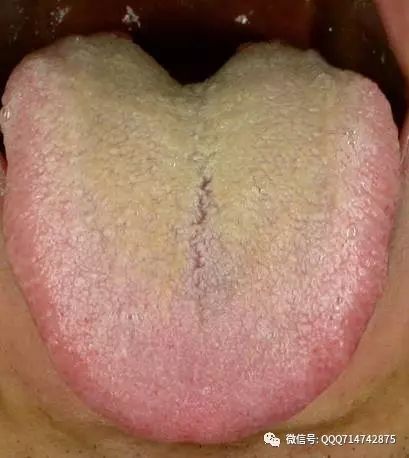Beware! Phlegm-Damp Constitution Increases Cancer Risk, Check If You Have It
Source: Xinhua News Agency, copyright belongs to the original author. Please contact us if there is any infringement. Today, we invite an expert to discuss the constitution that is prone to cancer. Phlegm-Damp Constitution Dr. Yang Zhong, Chief Physician Beijing Traditional Chinese Medicine Hospital, Capital Medical University What is Phlegm-Damp? Phlegm-Damp is a concept in … Read more










